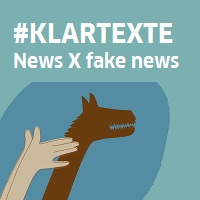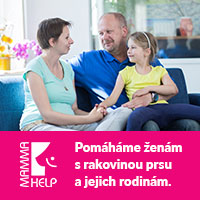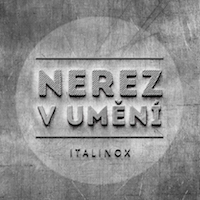
Radically increase the number of musical scores available to blind people

We are creating the Open Well-Tempered Clavier to make the music of Bach more accessible. The point of waiving copyright and distributing digital scores and recordings is to reach as many people as possible, and remove all of the barriers. We want everybody to have the chance to enjoy and study this music.
Last week, Eunah Choi, a blind pianist from Korea, showed me that music is, in fact, not accessible if you cannot see, unless there is a Braille version of the score. She taught me about the absurd reality that even basic standard repertoire scores are not available as Braille. Case in point: While online print catalogues list over 8,000 scores for Mozart's piano works, searching the Swiss library for the blind shows only 67 scores available. If you're in the United Kingdom and wish to study the Goldberg Variations, you are competing for one of only three print copies available for loan. I spoke with a blind pianist in Florida who is studying a Beethoven Sonata from a Braille score, the only copy of the piece he could find, and it was printed in 1912. That's a score that's over 100 years old. It is the responsibility of the sighted to provide our cultural treasures in formats that can be read by the blind.
The basic goals of the Open Well-Tempered Clavier project remain unchanged, but we're accepting a new challenge as well. Our research shows that is it possible to apply open source technology to the scores in the MuseScore.com library and create Braille scores from them. Not only can we make the Open Well-Tempered Clavier and the Open Goldberg Variations available in Braille, we can make all 50,000 of the MuseScore scores on MuseScore.com available as well. It is within our reach to radically improve the situation for blind musicians who crave access to Braille scores.
There are new stretch goals. First, we want to release the Open Well-Tempered Clavier as a Braille score. With some extra resources we can also release a Braille version of the Open Goldberg Variations score. Then, we want to build a free service for converting any standard-format digital score into Braille. Finally, we want to convert all 50,000 existing scores on MuseScore.com into Braille, and thereby radically increase the number of scores available.
We need substantial financial resources to accomplish this important mission. The MuseScore team will invest in high-level software engineering, accessibility testing, and regulation of the quality of the Braille scores.
There are also new backer rewards. We will create a new work of art, something that both sighted and blind people can see, consisting of a limited edition print of a newly commissioned painting that is also embossed with the Braille rendition of the beginning of the Well-Tempered Clavier. This reward is available at the new $175 level, and is now included in all of the reward levels above that.
The dedication of a prelude or fugue is also now more attractive and meaningful. Your dedication will appear in the Braille version of the Open Well-Tempered Clavier score, personally connecting you, and the person or people you are honouring with the dedication, to the next generations of pianists, sighted and blind alike, who will learn Bach's music from the score that we create together. You will also receive the embossed print of the new painting that we will commission for this project.
The original painting will be available at the $10,000 level, which includes all of the rewards of the $5,000 level, and the painting that will be commissioned for this project.
Help us make this music accessible to Eunah Choi, and other blind musicians. They're depending on us, and we accept the challenge!





